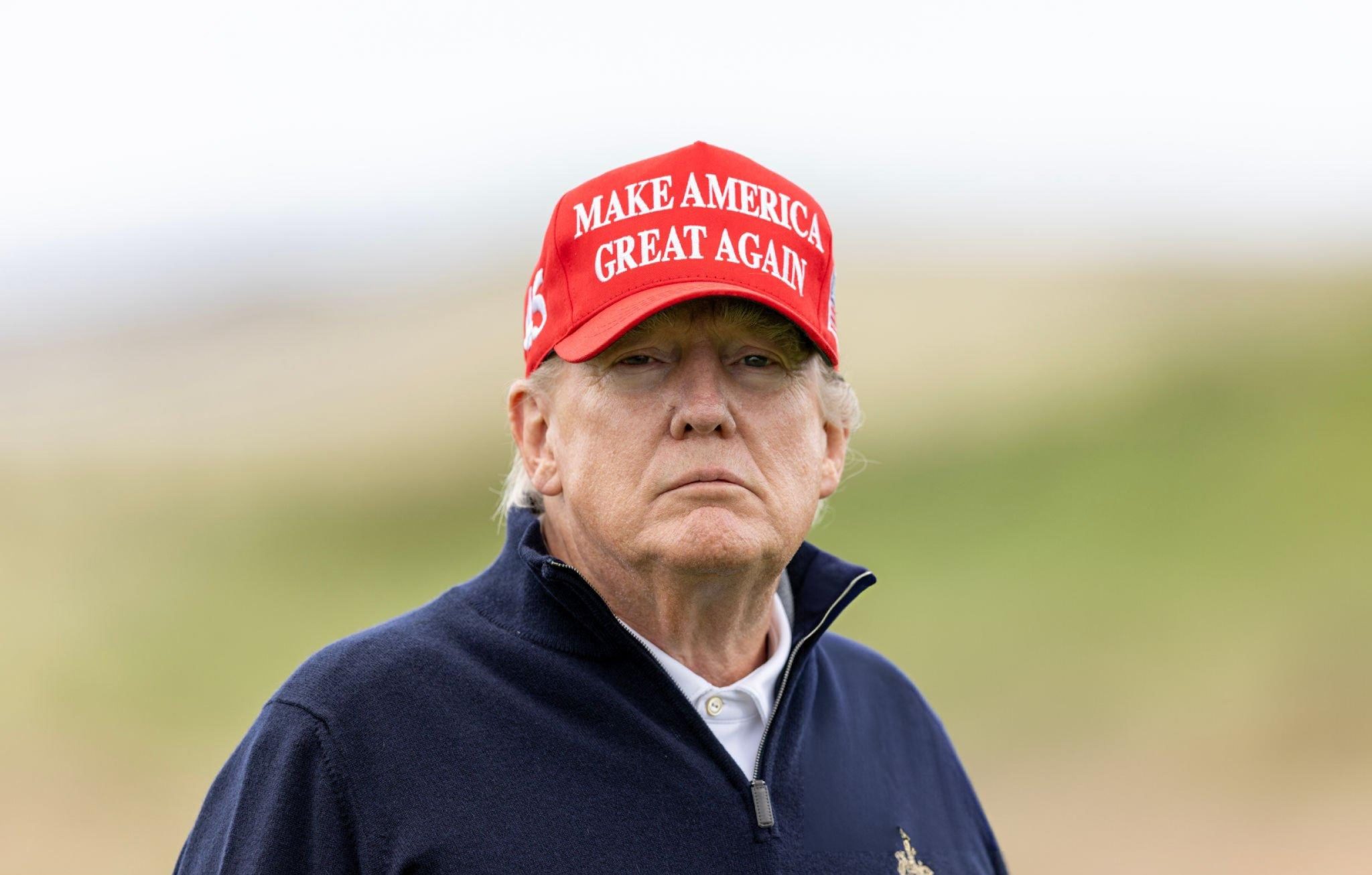Former President Donald Trump faced a revised federal indictment on Tuesday, accusing him of attempting to illegally overturn his 2020 election loss. This new indictment is part of an ongoing investigation led by U.S. Special Counsel Jack Smith and comes after a recent U.S. Supreme Court ruling that former presidents have broad immunity from criminal prosecution for actions within their constitutional powers.
The revised indictment in the Washington case maintains the four charges originally brought against Trump last year but shifts the focus to his role as a political candidate rather than as the sitting president. The U.S. Supreme Court’s ruling on July 1 established that Trump is presumptively immune from criminal prosecution for actions that were within his presidential powers, significantly influencing the scope of the new charges.
Trump’s legal team and the public now await a decision from U.S. District Judge Tanya Chutkan in Washington. Judge Chutkan is expected to determine in the coming weeks which elements of the case may need to be dismissed based on the Supreme Court’s ruling on presidential immunity.
Trump has been vocal in his defense, particularly on his Truth Social media platform, where he argued that the Supreme Court’s ruling should lead to the entire case being dismissed. He accused Special Counsel Jack Smith of rewriting the case to bypass the Supreme Court’s decision. Trump has pleaded not guilty to the initial charges, insisting that all the legal actions against him are politically motivated attempts to prevent him from returning to power.
Despite these legal challenges, opinion polls suggest that Trump’s political influence remains significant. In the wake of Democratic President Joe Biden ending his reelection bid last month, Democratic Vice President Kamala Harris has reportedly gained a slight lead over Trump in national polls.
The revised indictment, while retaining the central accusations of a conspiracy to block the certification of Trump’s 2020 election defeat, adjusts its scope to reflect the Supreme Court’s ruling. One key aspect retained in the indictment is the allegation that Trump pressured then-Vice President Mike Pence to use his role in the congressional certification of the election on January 6, 2021, to reject electoral votes from battleground states that Trump lost.
The language in the revised indictment emphasizes that Trump had no official responsibilities related to the certification process but did have a personal interest in the outcome as a candidate seeking reelection. This new focus on Trump’s role as a candidate is a strategic shift that aligns with the Supreme Court’s ruling on presidential immunity.
Notably, the revised indictment no longer includes allegations that Trump sought to pressure the U.S. Department of Justice to support his efforts to overturn the election results. This change likely reflects an effort by prosecutors to keep the case within the bounds of what is legally permissible following the Supreme Court’s decision. As a result, references to key figures such as Jeffrey Clark, a senior Trump administration Justice Department official, and former U.S. Attorney General Bill Barr, have been removed from the indictment.
Bradley Moss, an attorney specializing in national security, noted that the revised indictment demonstrates “a clear effort by the Justice Department to narrow the scope of factual information” to ensure it adheres to the Supreme Court’s ruling on immunity. The revised indictment, now 36 pages long—nine pages shorter than the original—relies heavily on testimony and evidence from witnesses outside the federal government, including former Arizona House Speaker Rusty Bowers. Bowers reportedly faced pressure from Trump and a co-conspirator to convene a special session based on unfounded claims of voter fraud.
This case, one of four criminal prosecutions Trump is facing, has been delayed for several months as Trump pursued his immunity claim. The Supreme Court’s 6-3 decision, which favored immunity, reflects the influence of the court’s conservative majority, which includes three justices nominated by Trump.
In addition to this indictment, Trump is dealing with other legal challenges. In May, a New York jury convicted Trump of falsifying documents to cover up a hush money payment to a porn star. He is scheduled to be sentenced on September 18, though he has requested a delay in sentencing until after the November 5 election.
As the legal battles unfold, the impact on Trump’s political future remains uncertain, with the revised indictment representing a significant moment in the ongoing saga of his post-presidency legal challenges.







